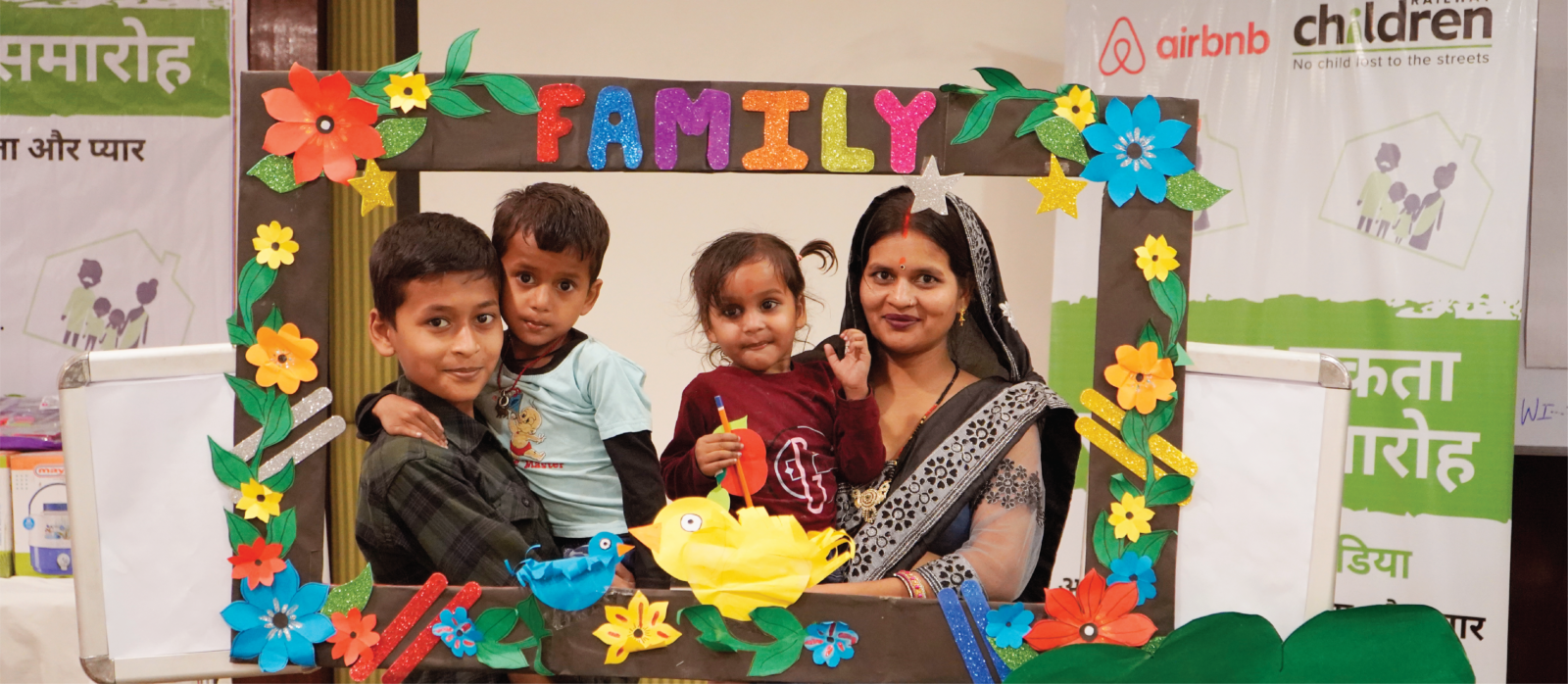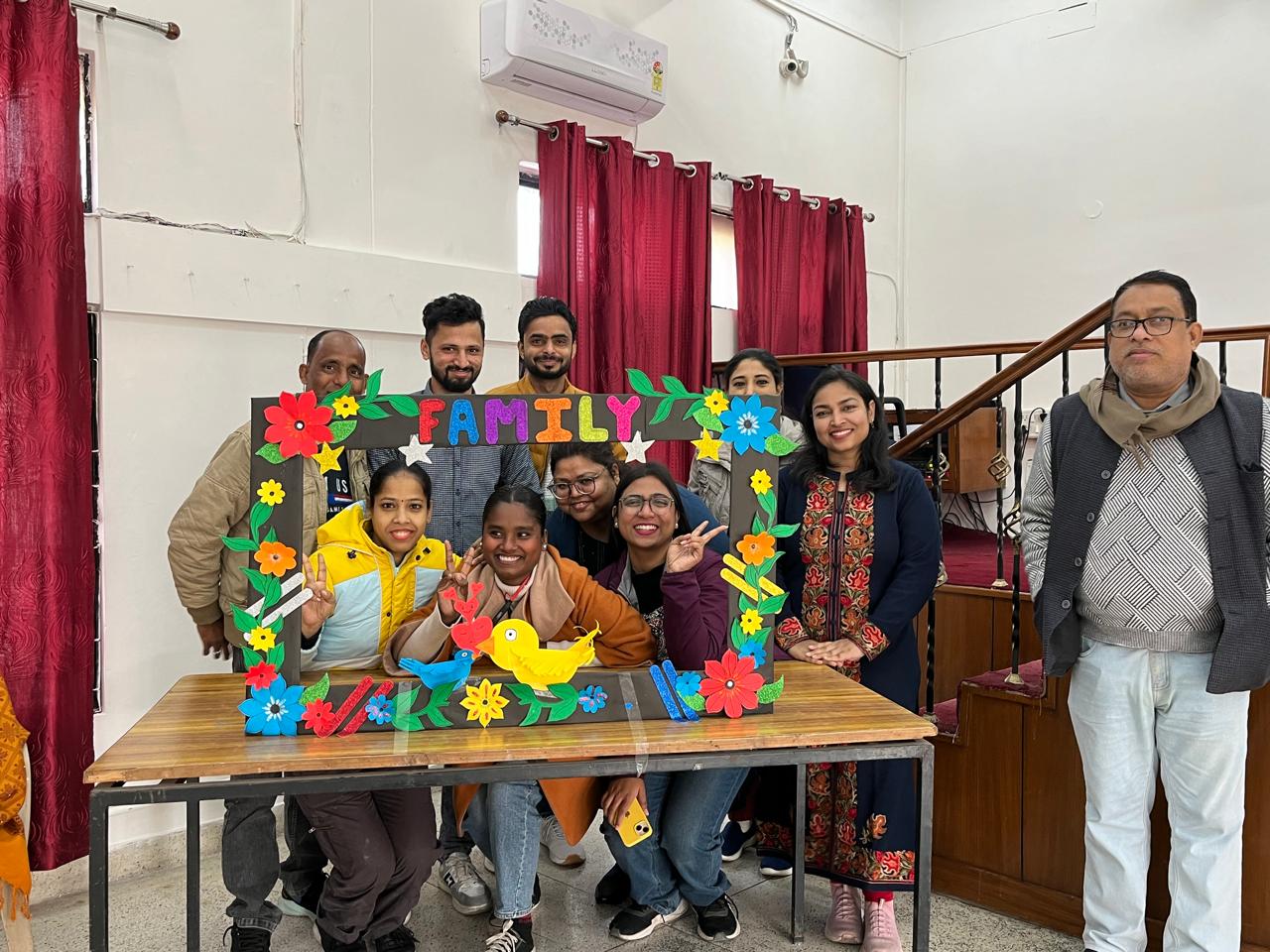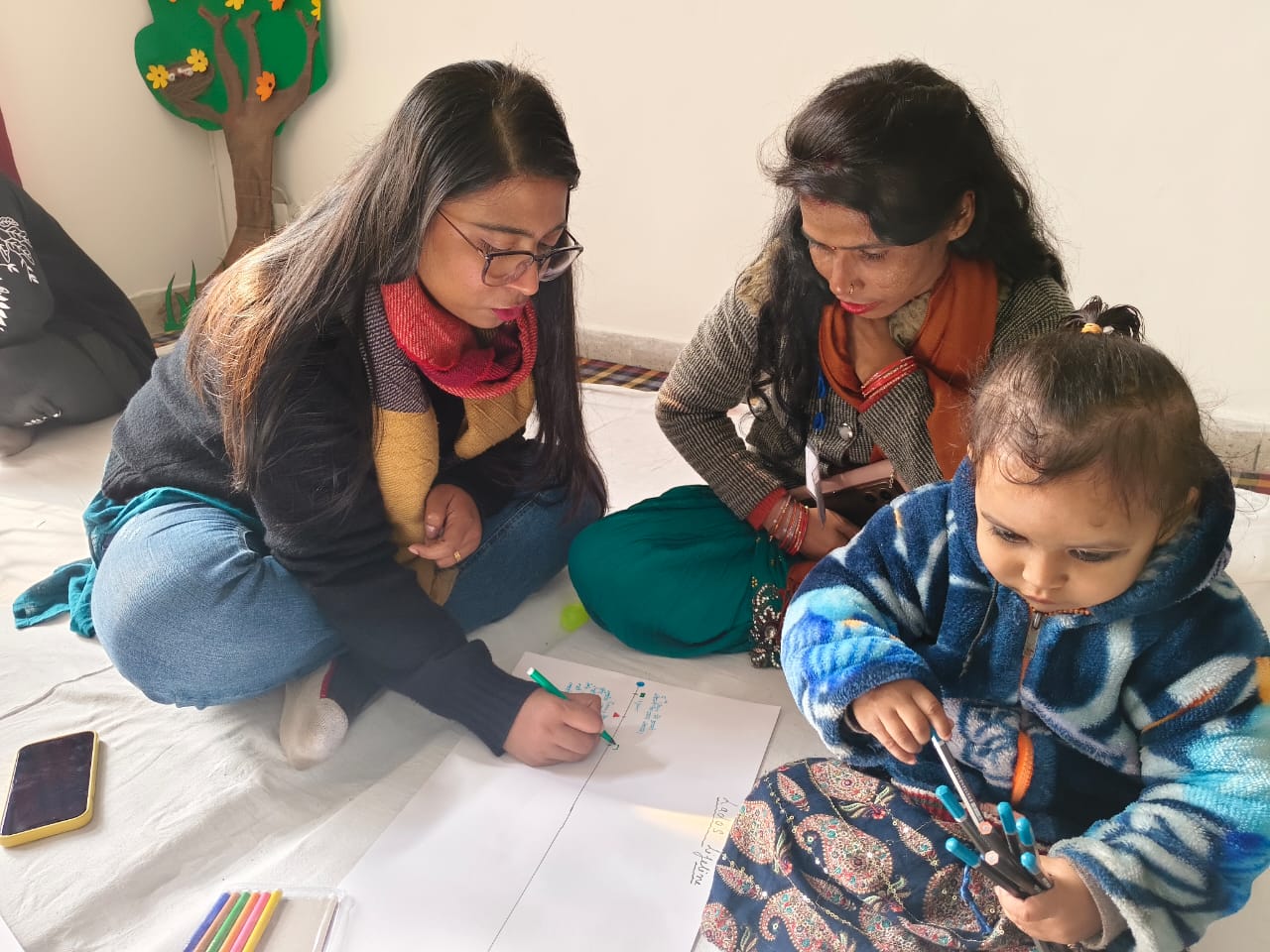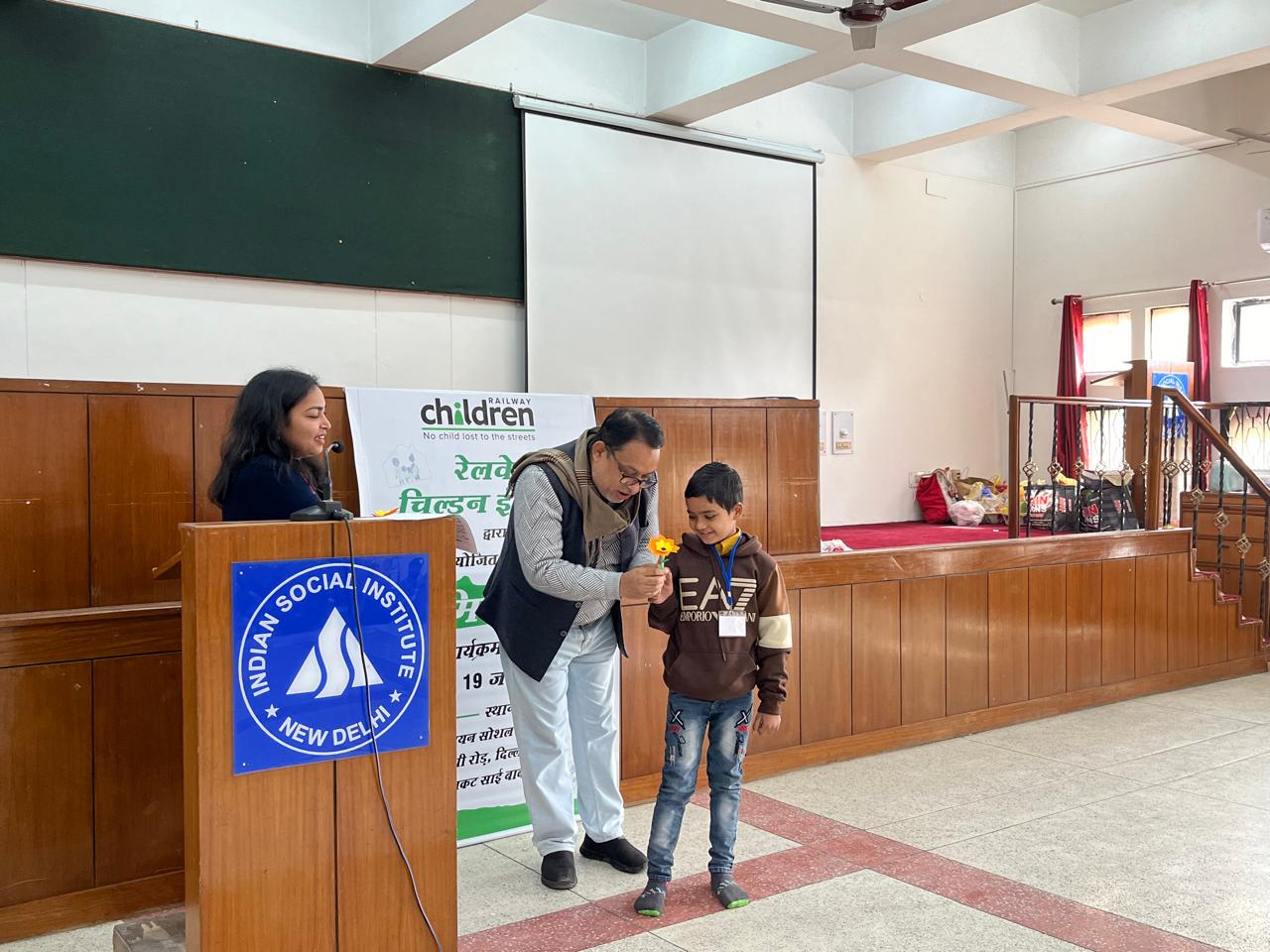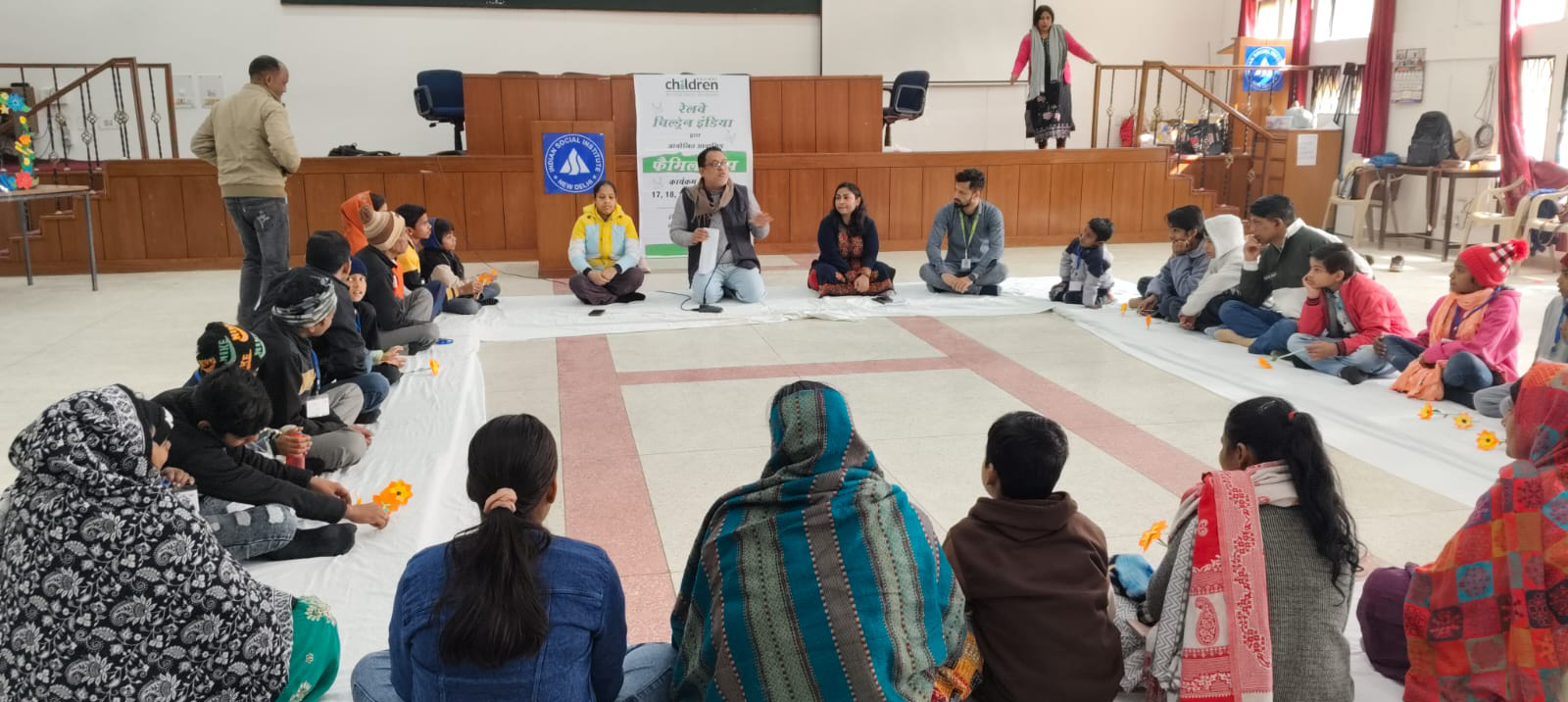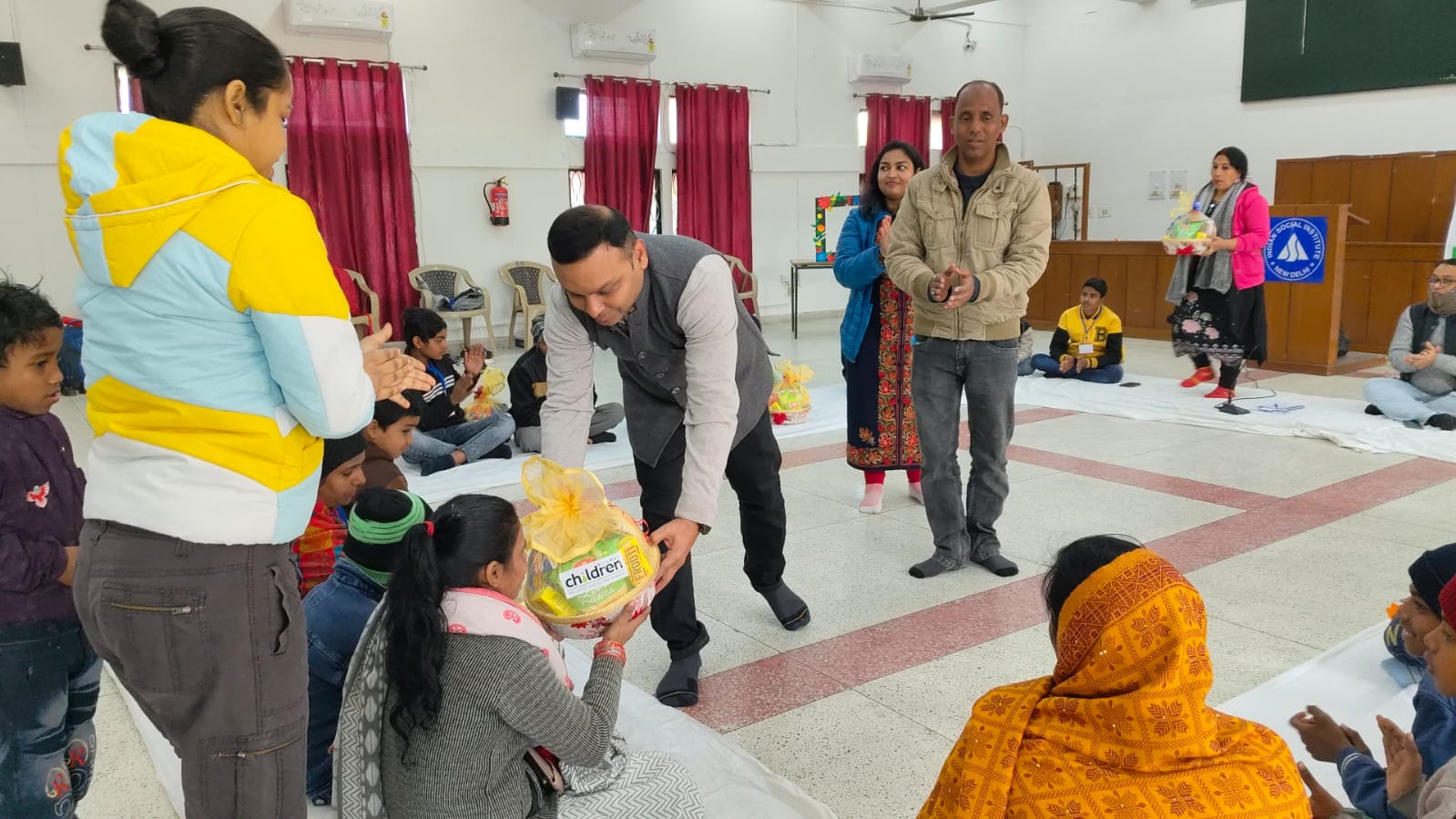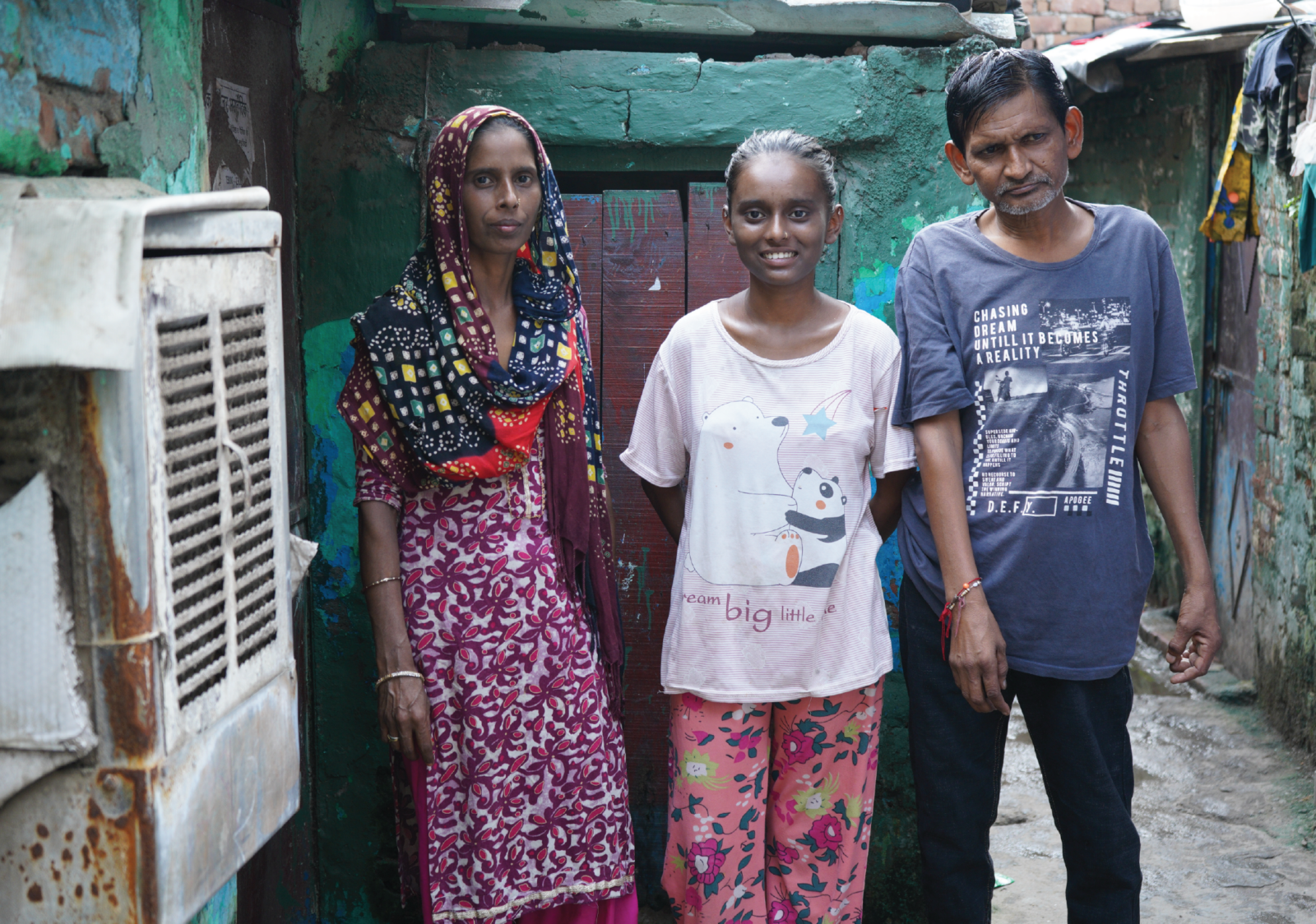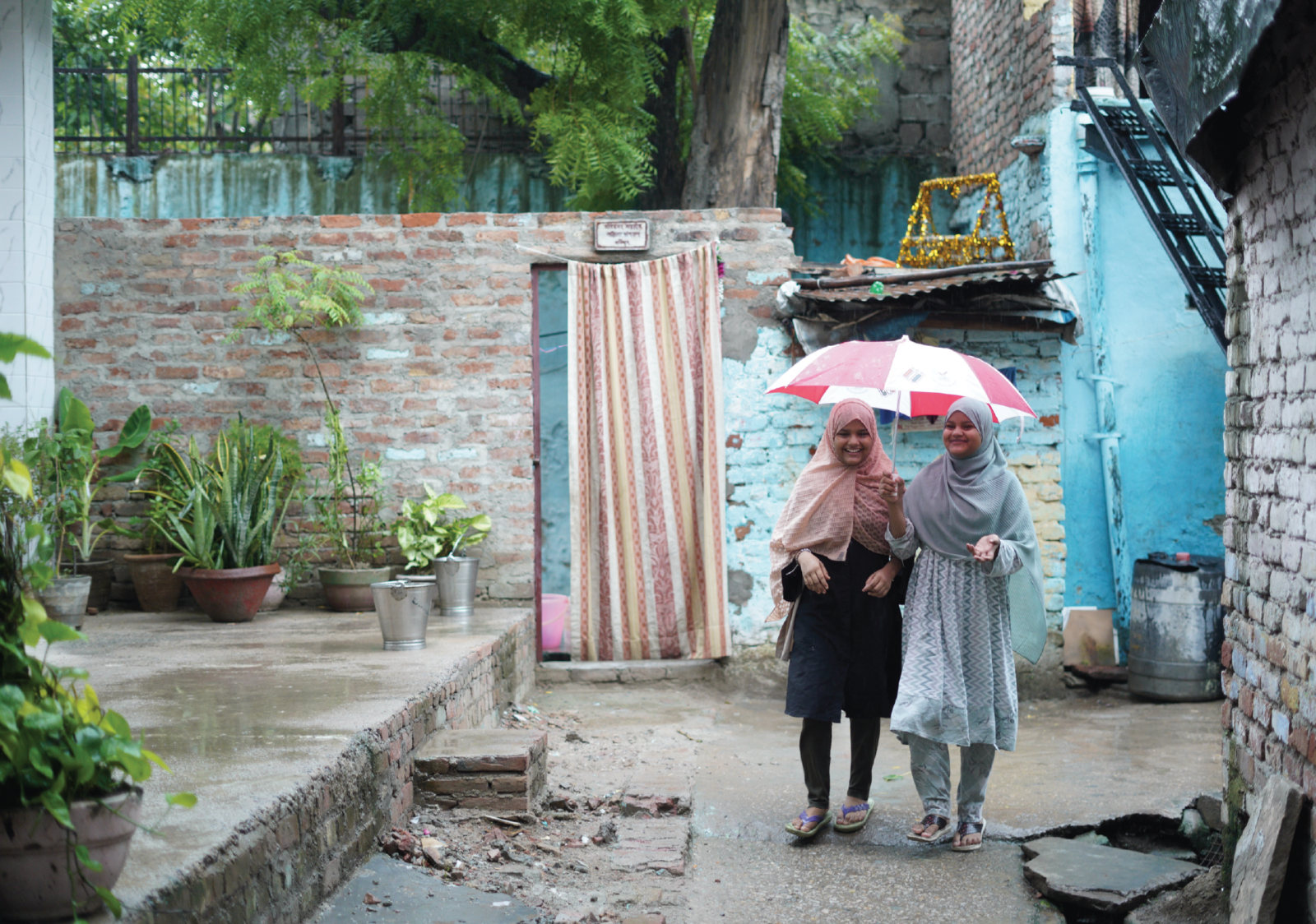Aman was upset that his mother favoured his older brother.
Rohini was scared of her father’s harsh scolding over her poor show in math tests.
Rahul’s temper flared easily whenever his grandmother would chide him for not being obedient.
Understanding the Root Causes
These are only some examples from the countless cases of children rescued by team Railway Children India (RCI) across multiple railway stations and bus terminals. While accidental separations, losing paths during travel/sightseeing, child labour, and child trafficking make up a significant portion of our team’s rescue and intervention cases, another increasingly common cause is children running away due to fear or lingering emotional conflicts at home.
When our team traced the underlying cause of children running away from their homes, family conflict, lack of communication, unmet emotional needs, or unresolved trauma stood out as key factors contributing to runaway tendencies in children.
More importantly, these runaway tendencies reflect deeper problems within family dynamics, such as trust breakdowns, unresolved conflicts, or emotional neglect. When children facing such issues take the bold call of fleeing home in search of some comfort, they end up being exposed to significant risks of exploitation, abuse, homelessness, and involvement in illegal activities.
Why Intervention Matters?
Keeping our goal of letting no child slip through the cracks into a life on the streets, it becomes important for team Railway Children India to address the root causes of chronic runaway behaviour in children and ensure the well-being of both the child and the family.
Identifying the urgent need for targeted interventions that focus on the emotional and psychological needs of both children and their families, RCI arranged a three-day Residential Camp.
Why a Residential Camp?
Removed from their usual surroundings, which are often riddled with stress and conflict, families get a chance to interact in a neutral setting. Being part of a camp with other families facing similar challenges allowed for peer support, shared experiences, and collective learning. Children and parents could connect with others, realizing they are not alone in their struggles.
The residential nature of the camp allowed for a holistic approach, combining psychological, social, and emotional support. Families participated in a mix of sessions, group discussions, role-plays, trust-building activities, and leisure time, addressing the multi-dimensional aspects of runaway behaviour.
Activities and Interventions Held at the Camp
The camp comprised numerous activities, sessions and workshops that focused on openly discussing challenges faced by family members, enhancing trust between children and their parents, and learning effective communication strategies.
While recreational activities allowed families to bond and create positive memories, group sessions helped families share their experiences and learn from each other’s coping strategies. Most importantly, in the supportive environs of the Family Camp, children found safe spaces for expressing their fears, frustrations, and reasons for running away in a safe non-judgmental environment. Many children channelled their emotions through the creative medium of dance and art as well.
Outcomes, Insights, and the Way Forward
The residential Family Camp created a safe and easygoing environment that enabled participating families to open up and share deeply buried traumas, revealing long-held pain and emotions. Families experienced a profound roller coaster of emotions, as they spoke openly about their fears and inhibitions—many for the first time. One child shared that it was the first time they had ever played with their parents, while another parent reflected on spending exclusive, meaningful time with their daughter after years. These emotional breakthroughs have not only strengthened family bonds but also underscored the need for more such camps involving parents. Summarizing the insight and learnings gained from this one-of-a-kind residential family camp Ms. Nida Zamani Siddique shares, “The outcomes of this camp will directly inform and shape Railway Children India’s approach to personalized one-to-one sessions with these families moving forward.”
